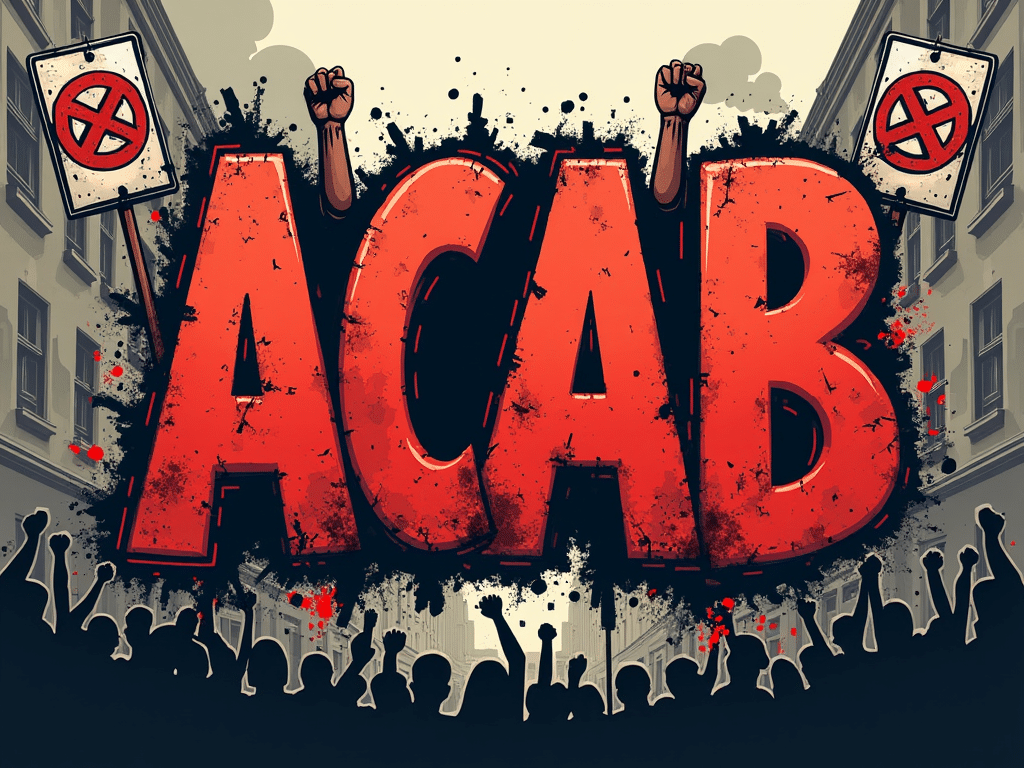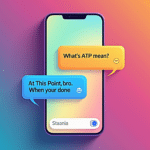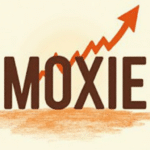Hey there! Ever seen “ACAB” scrawled on a wall or popping up in your social media feed? You’re not alone. This four-letter acronym has been making waves, and it’s time we unpack what ACAB Meaning is. It’s not just random letters; it’s a loaded term that’s got people talking, arguing, and sometimes even shouting. So, let’s dive in and figure out what all the fuss is about!
| Key Takeaways |
|---|
| ACAB stands for “All Cops Are Bastards“ |
| It’s a slogan used to criticize systemic issues in policing |
| The term originated in England in the 1920s |
| ACAB is often used in protests and on social media |
| It’s controversial and interpreted differently by various groups |
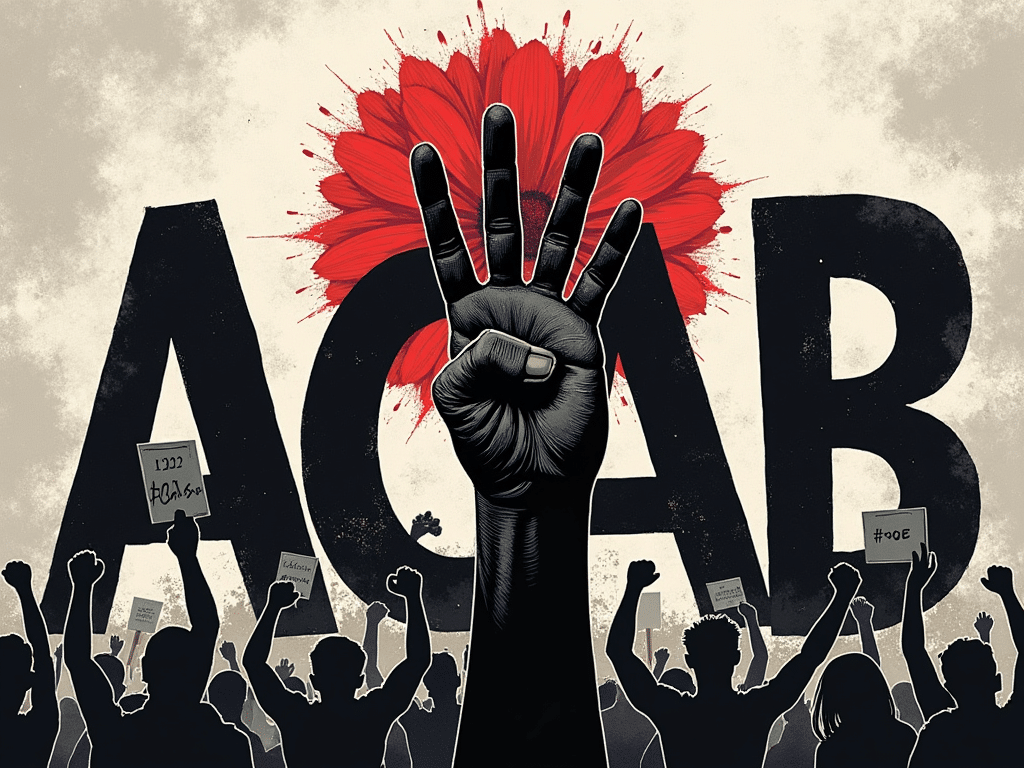
ACAB Meaning: Breaking It Down
ACAB Meaning: Alright, let’s get straight to it. ACAB stands for “All Cops Are Bastards.” Whoa, that’s pretty intense, right? But hold up, before you get all shook, it’s not as simple as it sounds.
When people use ACAB, they’re not usually talking about your friendly neighborhood officer who helps old ladies cross the street. It’s bigger than that. ACAB is a way for folks to call out the whole system of policing. It’s like saying, “Hey, there’s something wrong with how this whole police thing is set up, and it needs to change.”
ACAB Meaning in Text: In texts or social media posts, you might see ACAB used like this:
- “Can’t believe what happened yesterday. #ACAB”
- “Another innocent person hurt. ACAB, for real.”
It’s often used as a quick way to express frustration or anger at police actions, especially when people feel the system isn’t fair.
Also read: HWDP
The ACAB Story: From Streets to Tweets 📱
ACAB didn’t just pop up overnight. This little acronym has been around the block a few times. It all started way back in the 1920s in England. Yeah, we’re talking almost a hundred years ago!
At first, it was just a phrase people would say: “All coppers are bastards.” (Copper is British slang for police officer, by the way.) Then, in the 1940s, some workers on strike decided to shorten it to ACAB. Pretty clever, huh? It was like their secret code.
Fast forward to the 1970s, and ACAB started showing up as tattoos in prisons. Imagine getting those four letters inked across your knuckles – talk about making a statement!
But ACAB really hit the big time in the 1980s. That’s when punk rockers and skinheads (not the racist kind, the original working-class kind) started using it. There were even songs about it! The 4-Skins, a punk band, released a track called “A.C.A.B.” in 1982. It was like the ACAB anthem.
ACAB Goes Global: From Punk to Protests 🌍
ACAB didn’t stay in England. It spread like wildfire. Football fans (or soccer, if you’re American) picked it up. You’d see it spray-painted on walls or chanted at matches. It became a way for people to show they were anti-establishment, that they didn’t trust authority.
Now, ACAB is everywhere. It’s on t-shirts, in memes, even in TikTok videos. When big protests happen, like the ones after George Floyd’s death in 2020, ACAB comes out in full force. It’s become a rallying cry for people who want to see big changes in how policing works.
What’s the Big Deal? ACAB Controversy 🤔
Here’s where things get tricky. ACAB is super controversial. Some people see it as a powerful statement against police brutality and systemic racism. Others think it’s unfair to label all police officers as bad.
Let’s break it down:
- Pro-ACAB View: These folks say ACAB isn’t about individual cops but about a system that’s broken. They argue that even “good” cops are part of a problematic institution.
- Anti-ACAB View: This side says ACAB is too extreme. They believe it’s unfair to judge all police officers and that it doesn’t help solve problems.
It’s like when you’re playing a game with unfair rules. Some people want to flip the whole board, while others think we should just change a few rules.
Also read: OOF
ACAB in Action: More Than Just Letters
ACAB isn’t just something people say or write. It’s become a symbol of a bigger movement. Here’s how it shows up in real life:
- Protests: You’ll see ACAB on signs, hear it in chants, and find it graffitied on walls during demonstrations.
- Social Media: It’s a popular hashtag, especially when news about police actions breaks.
- Fashion: Yep, ACAB has made it onto t-shirts, pins, and even face masks.
- Music: From punk to hip-hop, artists use ACAB in lyrics to express frustration with law enforcement.
It’s like ACAB has become shorthand for a whole bunch of complex feelings and ideas about police and society.
ACAB in Action: More Than Just Letters
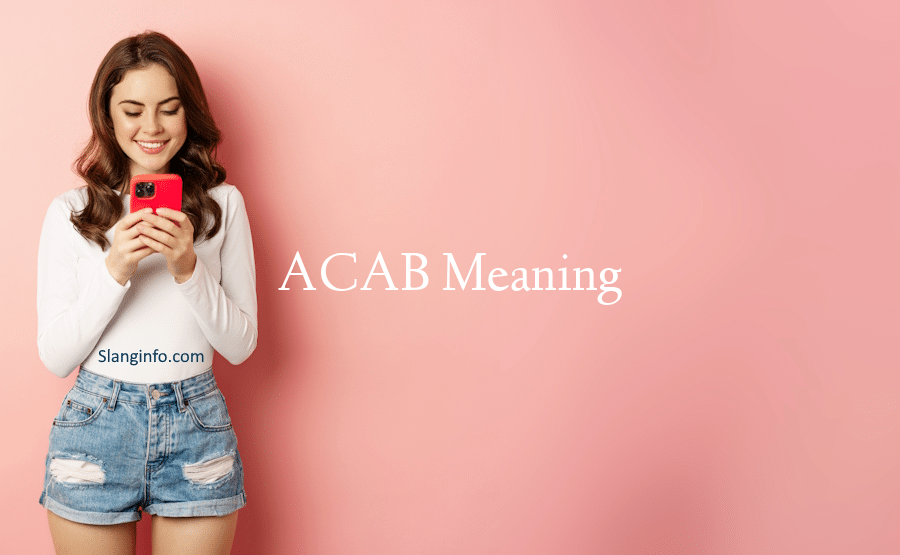
ACAB isn’t just something people say or write. It’s become a symbol of a bigger movement. Here’s how it shows up in real life:
- Protests: You’ll see ACAB on signs, hear it in chants, and find it graffitied on walls during demonstrations.
- Social Media: It’s a popular hashtag, especially when news about police actions breaks.
- Fashion: Yep, ACAB has made it onto t-shirts, pins, and even face masks.
- Music: From punk to hip-hop, artists use ACAB in lyrics to express frustration with law enforcement.
It’s like ACAB has become shorthand for a whole bunch of complex feelings and ideas about police and society.
The ACAB Debate: It’s Complicated 🤔
Now, here’s where things get tricky. ACAB is super controversial. Some folks think it’s spot-on, while others think it’s way off base. Let’s break it down:
| Pro-ACAB View | Anti-ACAB View |
|---|---|
| Highlights systemic issues | Unfair to all officers |
| Calls for major reforms | Too extreme and divisive |
| Focuses on institutional problems | Ignores individual good actions |
It’s like two sides of a coin, and people feel strongly about which side they’re on.
ACAB Around the World 🌍
ACAB isn’t just an American thing. It’s gone global! Here’s a quick tour:
- UK: Where it all started. You’ll hear “All coppers are bastards” at football matches.
- Germany: “Alle Bullen sind Schweine” (All cops are pigs) is their version.
- France: They say “Tout le monde déteste la police” (Everyone hates the police).
It’s wild how one little acronym can mean so much in so many places!
Also read: LFG
The Legal Side: ACAB and Free Speech
Here’s where it gets really interesting. In some places, using ACAB can get you in trouble with the law. But in others, it’s protected speech. Check this out:
- In Austria, courts said ACAB could be okay in some contexts, like at soccer games.
- In the US, some protesters got in hot water for using ACAB, but the charges were dropped.
It’s like a legal tug-of-war between free speech and what some call “public decency.”
ACAB in the Digital Age: Memes and More
ACAB has totally blown up online. It’s not just spray paint anymore – it’s hashtags, memes, and TikTok trends. People use it to:
- Share stories about police encounters
- Organize protests and meetups
- Spread information about police reform
It’s like ACAB has gone from the streets to your screens, reaching way more people than ever before.
What’s Next for ACAB?
So, where’s this whole ACAB thing headed? It’s hard to say for sure, but here are some guesses:
- It might lead to more conversations about police reform.
- We could see new laws about how police work.
- It might change how people think about law enforcement in general.
Whatever happens, ACAB isn’t going away anytime soon. It’s become a big part of how some people talk about police and society.
Also read: Zaza
Wrapping It Up
Phew! That was a lot, right? ACAB is way more than just four letters. It’s a whole movement, a way of thinking, and for some, a call to action. Whether you agree with it or not, it’s important to understand what it means and why people use it.
Remember, slang like ACAB isn’t just about the words – it’s about the feelings and ideas behind them. It’s like when you use FRFR to show you’re being super serious. ACAB is people being serious about how they feel about police and society.
So next time you see ACAB pop up, you’ll know there’s a whole lot of history and meaning packed into those four little letters. Pretty gnarly, huh?

